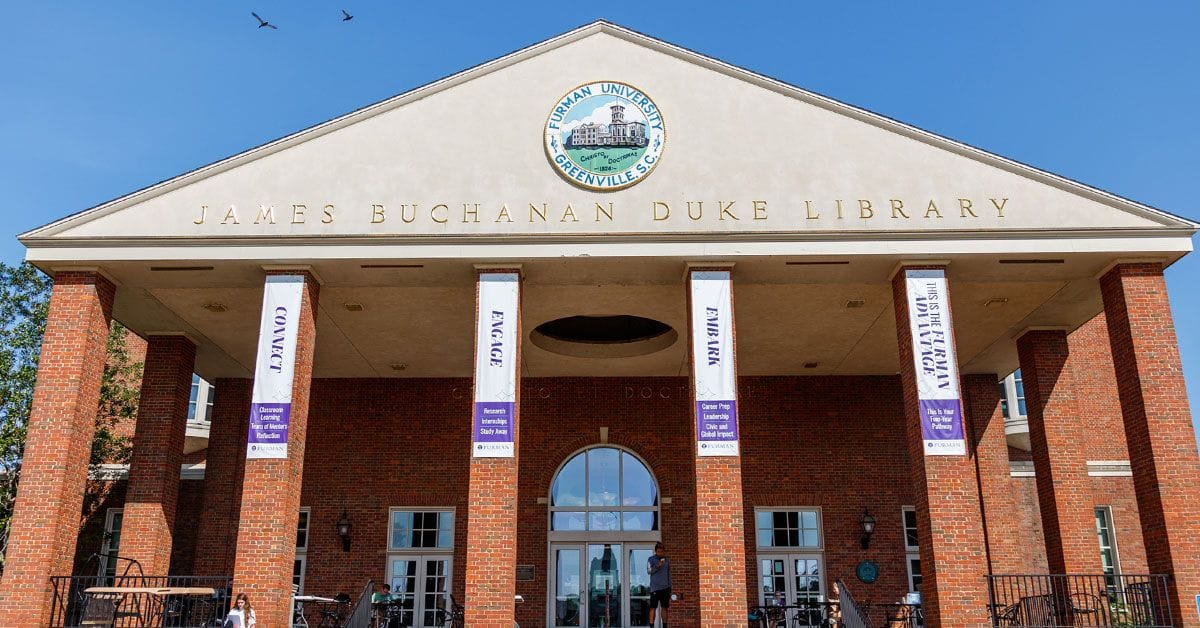One year ago, ACS partnered with more than 100 PUIs to launch a new program. Learn more about how it has helped bolster open access equity at PUIs over the past year, explore trusted research published by authors at these institutions, and find out if your institution participates.

In January 2023, ACS Publications launched a sponsored read and publish program for Primarily Undergraduate Institutions (PUIs)—colleges and universities which do not offer advanced degrees in the chemical sciences.
One year later, almost 180 institutions participate in the program. To celebrate this milestone achievement, we invite you to learn more about how this program has helped bolster open access equity at PUIs, explore a selection of recent research articles published by authors at these institutions, and discover if your institution participates (and if not, how it can).

ACS Sponsors Open Access Publishing for Authors at Qualifying Primarily Undergraduate Institutions
100+ new articles published
Since the program began in January 2023, more than 100 articles have been published from authors at 54 different institutions. The ability to publish in open access formats is set to become even more important for authors who receive federal funding to support their research, as all federal funders are implementing policies which stipulate public access to research outputs and data. You can learn more about this in our free webinar, "Open Access and Public Access: What are the differences?"
Like our other read and publish agreements, ACS-sponsored open access for PUIs provides authors with a straightforward open access publishing workflow that makes opting into OA easy.
Discover the latest research from PUIs
Browse some of the latest open access articles published by authors at participating institutions—free to read and download for everyone, anytime, anywhere.
Variations on the Bergman Cyclization Theme: Electrocyclizations of Ionic Penta-, Hepta-, and Octadiynes
Dominic A. Sirianni, Xinli Song, Salmika Wairegi, Evan B. Wang, Sebastian A. Mendoza-Gomez, Adam Luxon, Maxwell Zimmerley, Ariana Nussdorf, Michael Filatov, Roald Hoffmann, and Carol A. Parish* (University of Richmond)
Journal of the American Chemical Society
A 21st Century View of Allowed and Forbidden Electrocyclic Reactions
Qingyang Zhou (University of California, Los Angeles), Garrett Kukier, Igor Gordiy, Roald Hoffmann* (Cornell University), Jeffrey I. Seeman* (University of Richmond), and K. N. Houk* (University of California, Los Angeles)
The Journal of Organic Chemistry
Identification of a 1,2,4-Oxadiazole with Potent and Specific Activity against Clostridioides difficile, the Causative Bacterium of C. difficile Infection, an Urgent Public Health Threat
Michael R. Barbachyn (Calvin University)
Journal of Medicinal Chemistry
Design Strategies for Luminescent Titanocenes: Improving the Photoluminescence and Photostability of Arylethynyltitanocenes
Matilda Barker, Thomas J. Whittemore, Henry C. London, Jack M. Sledesky, Elizabeth A. Harris, Tiffany M. Smith Pellizzeri, Colin D. McMillen, and Paul S. Wagenknecht* (Furman University)
Inorganic Chemistry
Quinoline Compounds Targeting the c-Ring of ATP Synthase Inhibit Drug-Resistant Pseudomonas aeruginosa
Vesper M. Fraunfelter, Bryce A. Pugh, Alexander P. L. Williams, Katie T. Ward, Dietrich O. Jackson, Molly Austin, John F. Ciprich, Lorelei Dippy, Jason Dunford, G. Nathaniel Edwards, Evan Glass, Kyle M. Handy, Casey N. Kellogg, Kaitlyn Llewellyn, K. Quinn Nyberg, Sam J. Shepard, Casey Thomas, Amanda L. Wolfe* (University of North Carolina at Asheville), and P. Ryan Steed* (University of North Carolina at Asheville)
ACS Infectious Diseases
Incorporating Diversity, Equity and Inclusion Awareness and Knowledge in a First-Semester Organic Chemistry Classroom
Rajesh Sunasee* (State University of New York at Plattsburgh)
Journal of Chemical Education
Does your institution participate?
If you’re affiliated with a PUI, your institution may already participate in ACS’ sponsored read and publish program. You can find a full list on the ACS Open Science Website.
Alternatively, your institution may belong to a larger consortia which has a separate agreement with ACS. You can search for your institution to identify if you can publish your next article open access in an ACS journal at no cost to you through an ACS read and publish agreement.